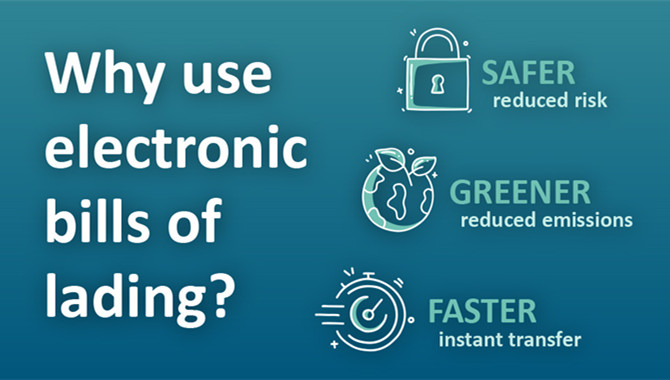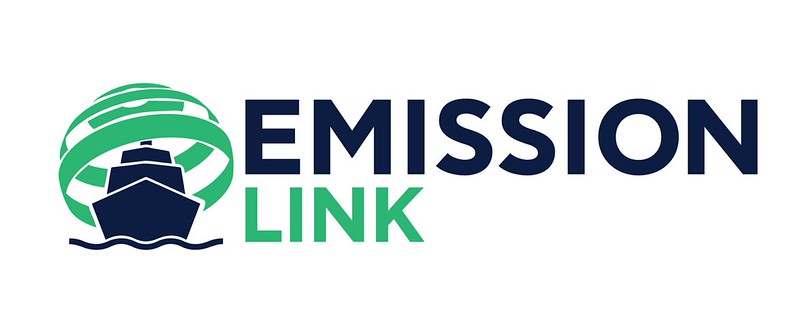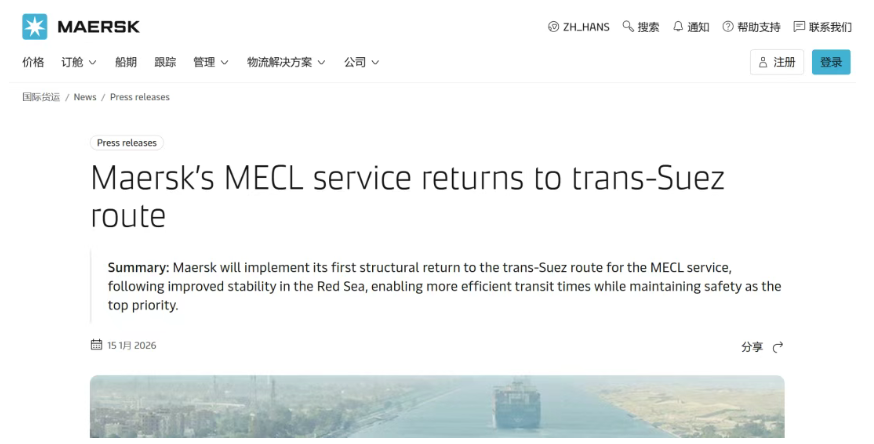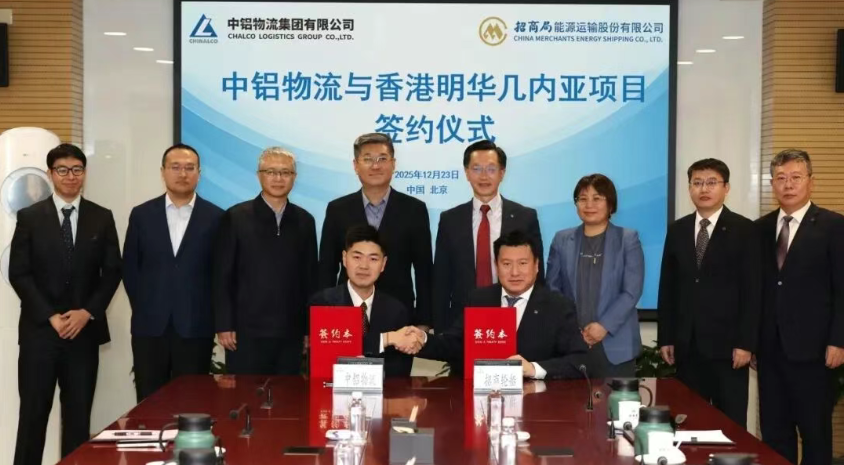
Globally, less than 2% of world trade is carried on electronic bills of lading. This is partly due to lack of open standards and interoperability. To help increase adoption of digital trade documents in shipping, BIMCO has published an electronic bill of lading standard.
The BIMCO electronic bill of lading standard is a structured dataset consisting of 20 predefined data fields that are common to bulk shipping bills of lading. Find more information and documentation for the new standard.
BIMCO is a founding member of the FIT (Future International Trade) Alliance, a cross-industry coalition of organisations working together to produce open standards for electronic trade documents. BIMCO's eBL Standard is aligned with the UN/CEFACT Multimodal Transport Reference Data Model as well as the standards produced by FIT Alliance members. The members of the FIT Alliance are: BIMCO, DCSA, FIATA, the International Chamber of Commerce (ICC) and SWIFT.
Source: BIMCO
BIMCO is a founding member of the FIT (Future International Trade) Alliance, a cross-industry coalition of organisations working together to produce open standards for electronic trade documents. BIMCO's eBL Standard is aligned with the UN/CEFACT Multimodal Transport Reference Data Model as well as the standards produced by FIT Alliance members. The members of the FIT Alliance are: BIMCO, DCSA, FIATA, the International Chamber of Commerce (ICC) and SWIFT.
Source: BIMCO
The opinions expressed herein are the author's and not necessarily those of The Xinde Marine News.
Please Contact Us at:







